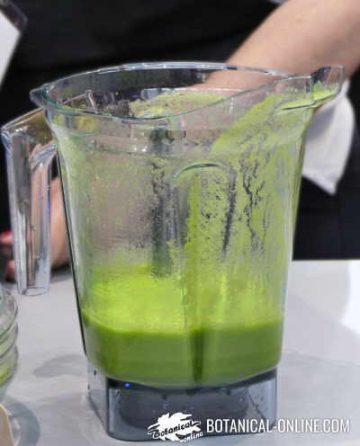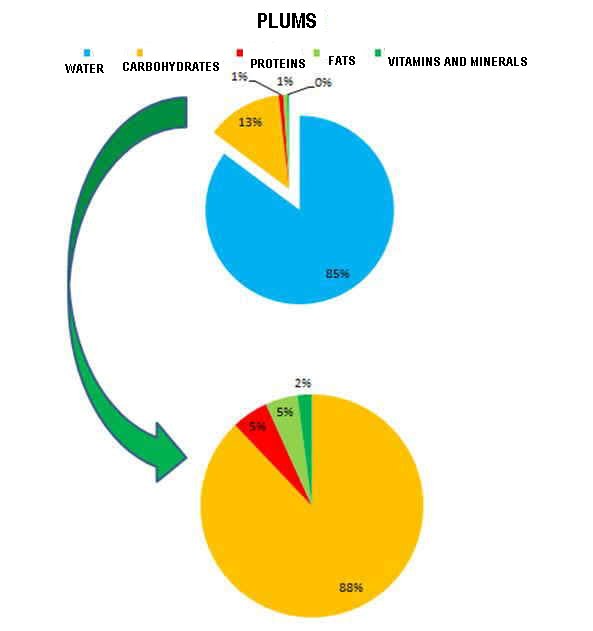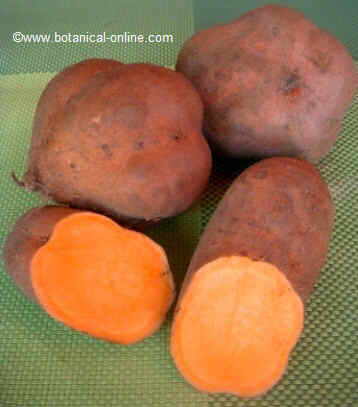Contents
- 1 Adverse effects of eating too much spinach
- 1.1 Side effects and contraindications of eating a lot of spinach
- 1.2 Does spinach have contraindications?
- 1.3 Spinach for gastritis, ulcer and intestine
- 1.4 Spinach oxalates and kidney disease
- 1.5 Who shouldn’t eat a lot of spinach?
- 1.6 Can eating too much spinach be dangerous?
- 1.7 Spinach for gout
- 1.8 How to reduce the oxalate content of spinach?
- 1.9 Can spinach be consumed in the diet for DAO deficiency migraine?
- 1.10 Spinach blue baby syndrome
Adverse effects of eating too much spinach
Side effects and contraindications of eating a lot of spinach
Spinach (Spinacia oleracea L.) is edible leafy vegetables that are normally consumed boiled, either in vegetable plates, or raw. The young leaves are consumed in salads. Recently it is also being eaten in the popular smoothies or green juices.
Does spinach have contraindications?

Spinach are edible vegetables that do not present major contraindications for most healthy people. They are very healthy vegetables due to their high content of vitamin B9 (folic acid), as well as containing fiber, chlorophyll and many beta-carotenes.
The main special precaution with the consumption of this food lies in the cases in which it is convenient to follow a diet with few oxalates.
Spinach for gastritis, ulcer and intestine
Spinach juice is not suitable for those with a delicate stomach or those with a tendency to develop heartburn or flatulence. Its high content of oxalates can be irritating to the digestive system, stomach and intestines.
In case of ulcers, intestinal diseases or gastritis, it is better to eat boiled spinach or in small quantities in salads and avoid large intakes such as green juices.
Spinach oxalates and kidney disease
Because of its oxalate content, spinach can be inconvenient for people who have oxalate crystals in the kidneys. The oxalate content of spinach, which is excreted in the urine, can combine with calcium to form calcium oxalate kidney stones.
For this reason, people with a tendency to generate kidney stones should not consume spinach, as well as other food high in oxalates, such as beets, chard, or huauzontles.
Who shouldn’t eat a lot of spinach?
Spinach should not be abused by people with kidney stones, cystitis, renal colic, kidney infections or other kidney disorders, since these compounds called oxalates are excreted in the urine.
It is also not recommended to abuse spinach or other foods with many oxalates in case of urinary infections, since changes in urine pH can favor the precipitation of stones in the kidneys.
- Attention! You should not stop eating these foods because of their oxalate content, because their potential benefits are much more important than the possible drawbacks derived from oxalates. Caution should only be exercised in cases of illnesses that require a low oxalate diet.
Can eating too much spinach be dangerous?
Spinach does not have toxic principles, but taken in excess, such as in the form of juices or green juices, smoothies or daily shakes, it can provide many oxalates in the diet.
There is different tolerance to oxalates (their absorption depends on diet, intestinal flora, the presence of diseases and other factors), but their excessive consumption in the diet is discouraged, especially in people with oxaluria, hypercalciuria, hyperparathyroidism, or that they have detected grit in their urine.
Spinach for gout
In case of hyperuricemia or gout, these people are recommended to take spinach in moderation, due to their higher needs for renal elimination of toxins, to avoid overloading the kidneys. Boiling reduces the oxalates in this food.
How to reduce the oxalate content of spinach?
The resulting liquid should be boiled and discarded to reduce the oxalate content of spinach. Oxalates are soluble and remain in the cooking water, which should not be drunk if there is a tendency to kidney stones or any alteration of the aforementioned.
We also counteract the effects of oxalates if we combine spinach with foods rich in calcium (calcium in foods inactivates oxalic acid). For example, with a yogurt for dessert.
Can spinach be consumed in the diet for DAO deficiency migraine?
According to the food theory concerning migraine, which is quite successful in treatment and is already being implemented in hospitals, spinach does not have histamine, and therefore can be consumed in the diet for migraine.
Spinach blue baby syndrome
Foods high in nitrates, such as spinach, can cause methemoglobinemia or blue baby syndrome.
![]() More information on spinach
More information on spinach








